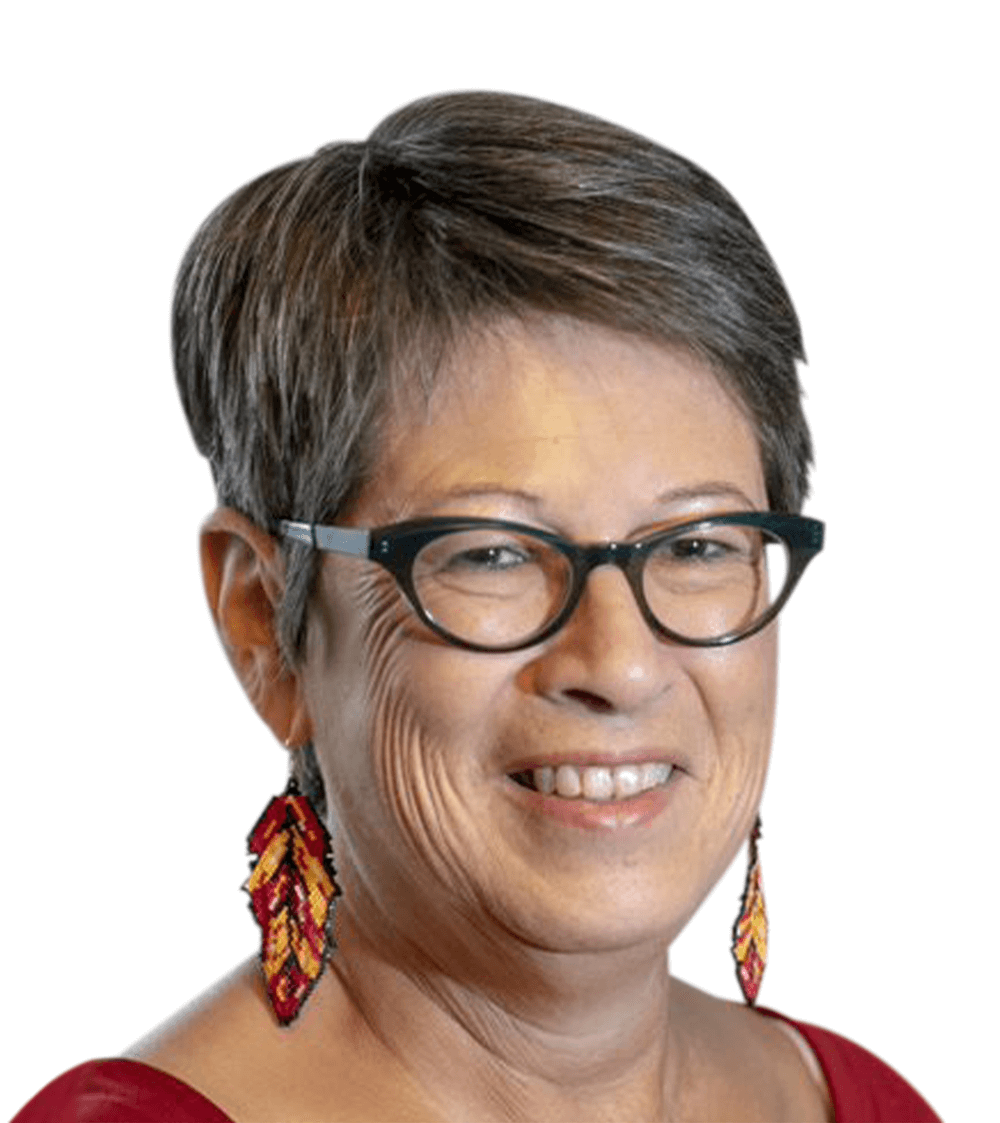- CEOCap
- Jaime Watt’s Debut Bestseller ‘What I Wish I Said’
- Media Training
- The Push Back
- Internship program
- Update Your Profile
- Homepage
- It’s time for a change
- It’s time for a change
- Kio
- Ottawa
- Art at Navigator
- Navigator Limited Ontario Accessibility Policy
- Virtual Retreat 2020 Closing Remarks
- COVID-19 Resources
- Offices
- Navigator Sight: COVID-19 Monitor
- Navigator Sight: COVID-19 Monitor – Archive
- Privacy Policy
- Research Privacy Policy
- Canadian Centre for the Purpose of the Corporation
- Chairman’s desk
- ELXN44
- Media
- Perspectives
- Podcasts
- Subscribe
- Crisis
- Reputation
- Government relations
- Public affairs campaigns
- Capital markets
- Discover
- studio
- How we win
- What we believe
- Who we are
- Careers
- Newsroom
- AI
- Empower by Navigator
- Environmental responsibility
Thursday night, the leaders of Canada’s five major political parties will take the stage at the Canadian Museum of History, a space heavy with the burden of colonialism. After doing so, they will participate in a land acknowledgment, an important rite of recognition that they honour the land we call home and thank the First Peoples who welcomed them.
Land acknowledgements have become an essential ritual in Canada, and done right, they are a vital step in the process of reconciliation. They help to reframe the discussion to one where we share commonality and a commitment to this place we call Canada. But like the countless commemorations of Indigenous peoples across the museum itself, tonight’s acknowledgment is simply words — and without action, not worth very much at all.
The debate is a crucial opportunity for Canadian political leaders to commit to real change toward a fair, inclusive and responsive approach to the vital issues of our time. While reconciliation is simply one of five themes to be debated, it is one that requires immediate action and has an important impact on all our futures.
Reconciliation cannot take place without language rooted in action, authenticity, shared prosperity and abundance. Federal leaders have an important role in changing the narrative, but it will take much more than words.
In recent years, it has become clear that Canadians and First Nations, Métis and Inuit peoples alike, want political parties to stop talking and take meaningful action in Indigenous reconciliation. Recent polling conducted by Discover reveals that 73 per cent of Canadians believe “we have to stop the empty gestures and enact concrete policy to help Indigenous people.” Again, language matters and while this figure is telling, we must move past the language of “help” and toward a movement that builds meaningful relationships. Federal leaders have an important role to play in this work.
While the Liberal government sees its performance on Indigenous issues as a strength, only 6 per cent of Canadians feel the Trudeau government has done a “very good job” on these issues, while 35 per cent feel Jagmeet Singh would do a better job.
What’s more, Canadians now care seriously about Indigenous issues and the progress of reconciliation. Just last week, Manitoba Premier Brian Pallister became the first Canadian leader to resign (at least in part) due to the fallout of his government’s racism toward Indigenous peoples. Earlier this year, Sen. Lynn Beyak’s despicable stance on residential schools saw her pressured out of the red chamber after years of spitting vitriol.
In short, Justin Trudeau is vulnerable on a theme that is very important to Canadians in this election — and the electorate is paying attention.
So, beyond the land acknowledgment, what do Indigenous peoples and Canadians want to see from the federal political parties? As a starting point, 75 per cent of Canadians want the federal government to take responsibility for their role in residential schools. The debate offers a perfect opportunity for each of the party leaders to reaffirm that responsibility.
In addition, there are a few vital questions that Canadians deserve to have answered in tonight’s debate. Just a few that spring to mind include the following:
What is your understanding of treaty rights?
Do you acknowledge that we are all treaty people?
Do you understand that what we call “Crown Land” is treaty land and the revenues that accrue are not shared but “held in trust?”
How can you help change the narrative around reconciliation so Canadians understand the ways in which Indigenous peoples contribute fully to government coffers?
How will a Canadian government, led by your party, acknowledge the National Day for Truth and Reconciliation on Sept. 30?
How will it encourage all Canadians to mark this day?
Will you commit to immediate action on the Truth and Reconciliation Commission “Calls to Action” and “Calls to Justice?”
Finally, the most important questions: What kind of country do we want to live and thrive in?
Indigenous Peoples in Canada reflect a spirit of abundance, stewardship and commitment to future generations. How will your government reinforce that spirit?
I would love to hear their answers but ultimately — like most Canadians — I am weary of words and believe it is high time for action. We have all waited long enough.




